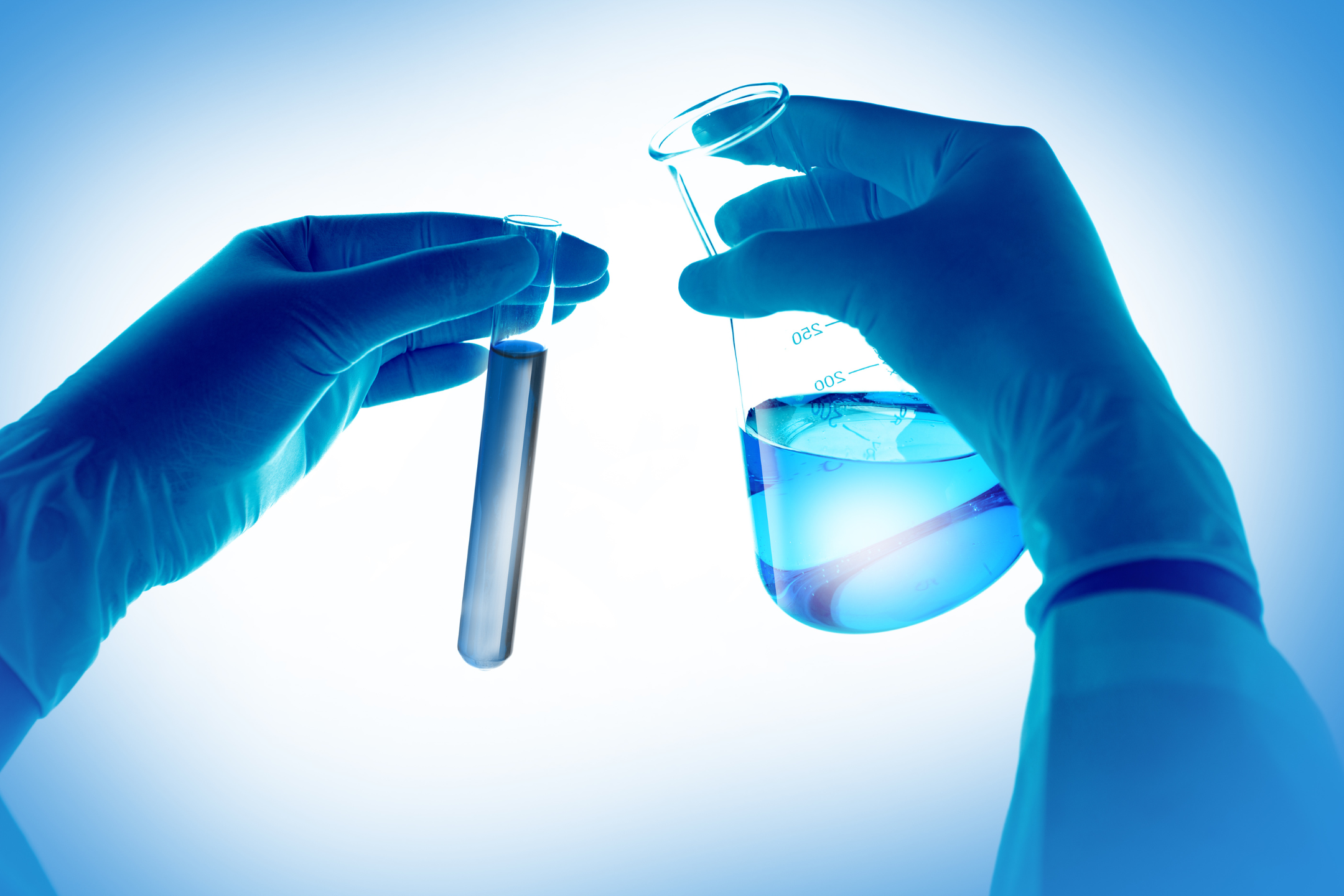
Scientific
Landscape: The application of artificial intelligence (AI) in biology has accelerated drug
development timelines and expanded the molecular design space. Deep learning algorithms now predict protein
structures (e.g., AlphaFold, ESMFold), simulate ligand-receptor interactions, and generate entirely new protein
sequences. AI is not just augmenting discovery—it is replacing traditional screening with hypothesis-free,
data-driven design.
Key Players &
Platforms: Companies such as Insitro, Recursion, and Atomwise have established vertically
integrated AI drug discovery platforms. These combine proprietary datasets, high-throughput biology, and
predictive modeling to prioritize lead candidates. Cradle, Generate Biomedicines, and Absci are among the
startups creating generative models that produce de novo protein sequences optimized for therapeutic function.
Automation &
Biofoundries: Beyond dry-lab applications, AI is also powering robotic wet labs. Companies like
Strateos and LabGenius operate cloud-enabled automated biofoundries that iterate design-build-test cycles
autonomously. These platforms allow startups to scale R&D without linear headcount increases and enable
real-time data feedback loops to refine computational models.
Market
Dynamics: The global AI drug discovery market is projected to grow to $9.2B by 2030. Key drivers
include improved prediction accuracy, access to multi-omics datasets, and pharma partnerships seeking faster
pipeline throughput. The synthetic biology segment, overlapping with this space, is forecasted to exceed $35B by
2030.
Investment
Relevance: AI-bio platforms offer high gross margins, defensible data moats, and attractive
SaaS-like recurring revenue models through discovery partnerships. The key to success lies in differentiated
datasets, AI-wet lab integration, and disease-specific verticalization. Early-stage investors can benefit from
rapid valuation step-ups following key collaborations or asset spinouts.